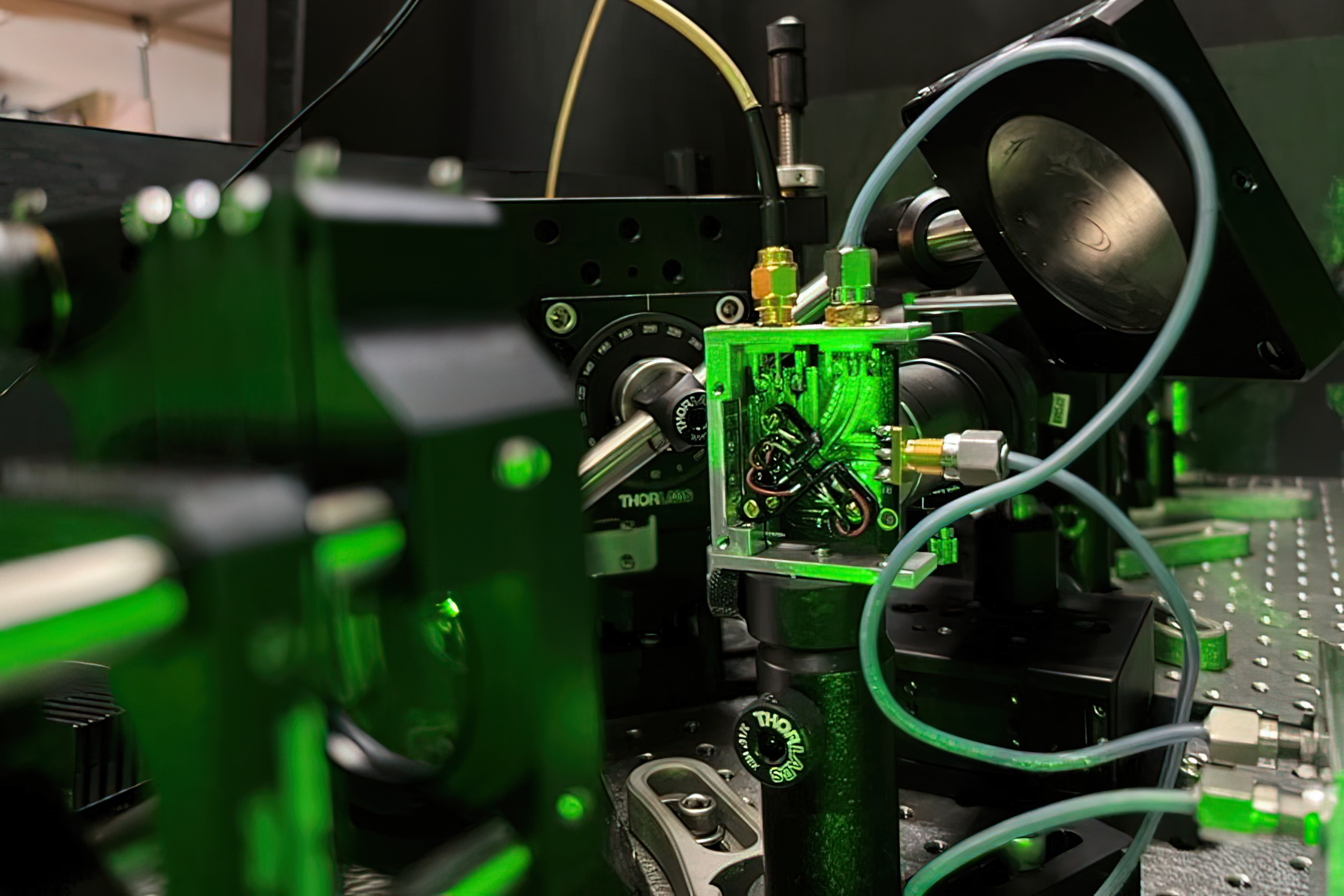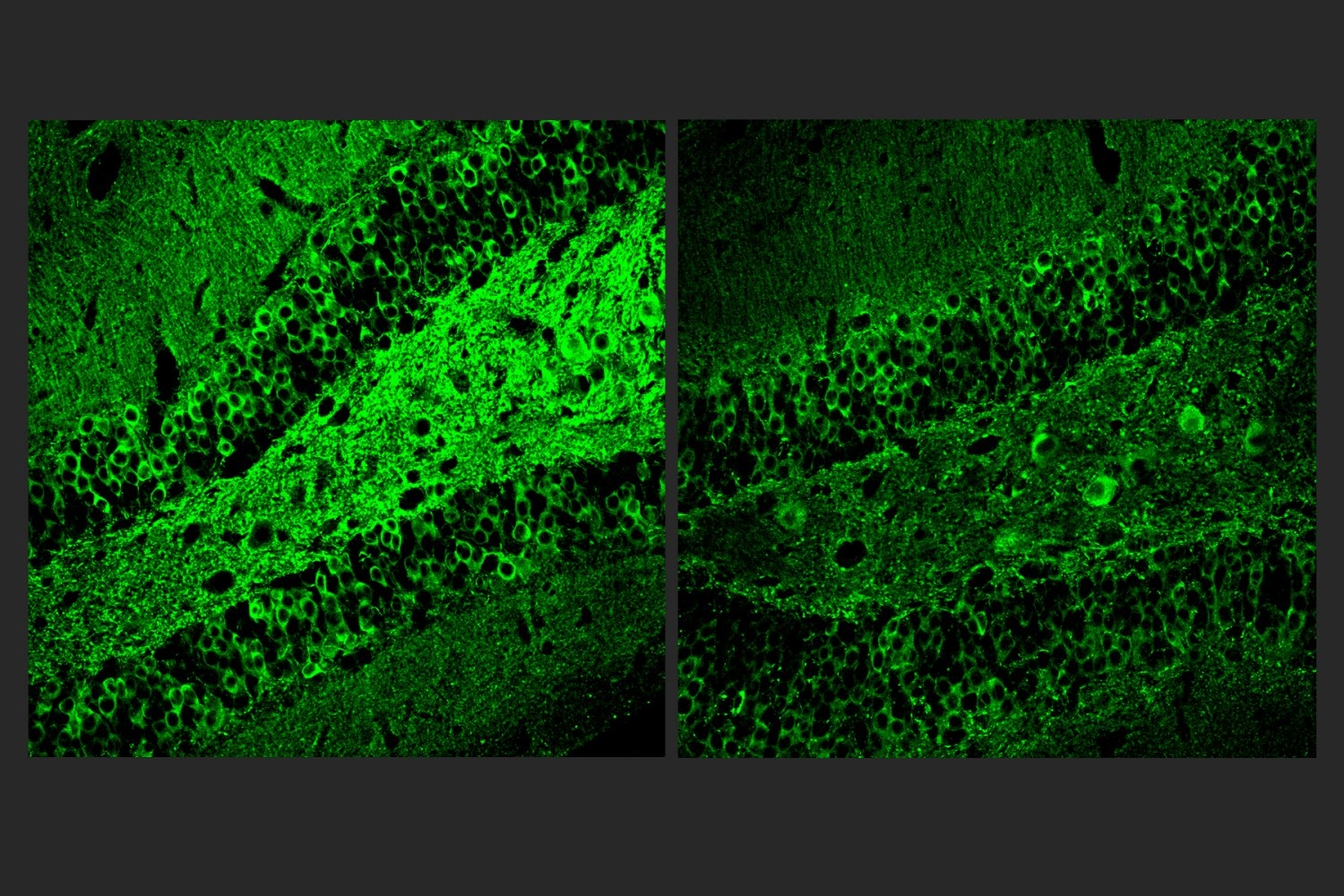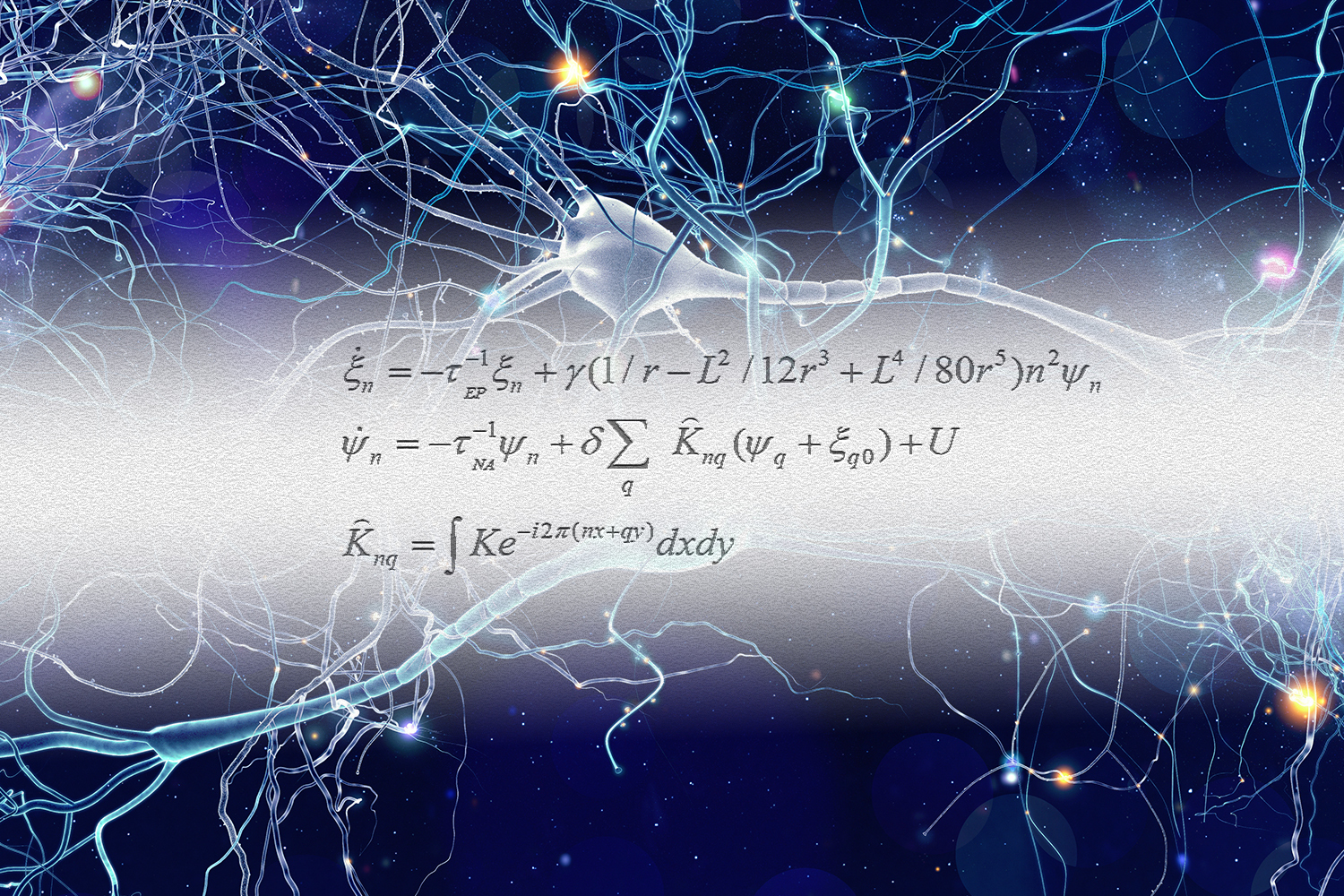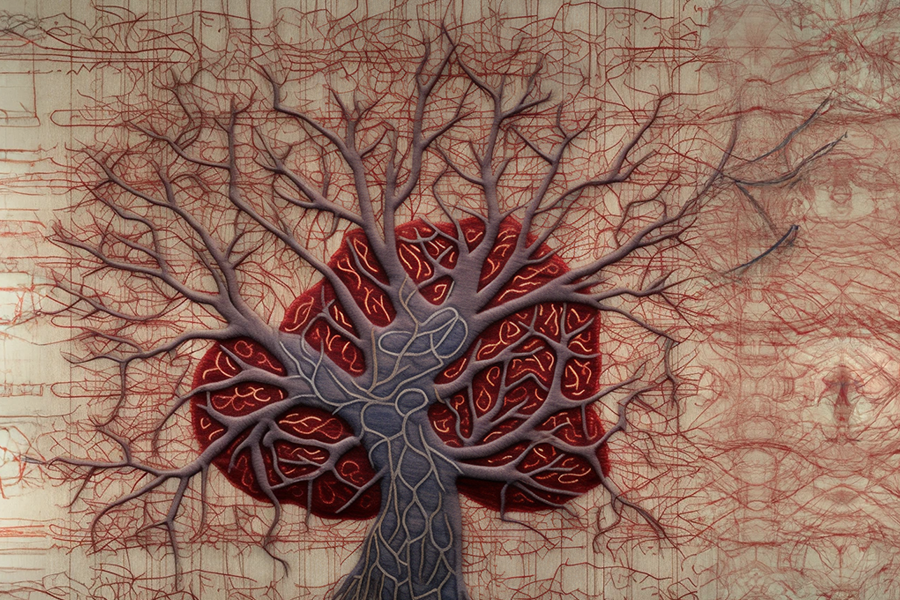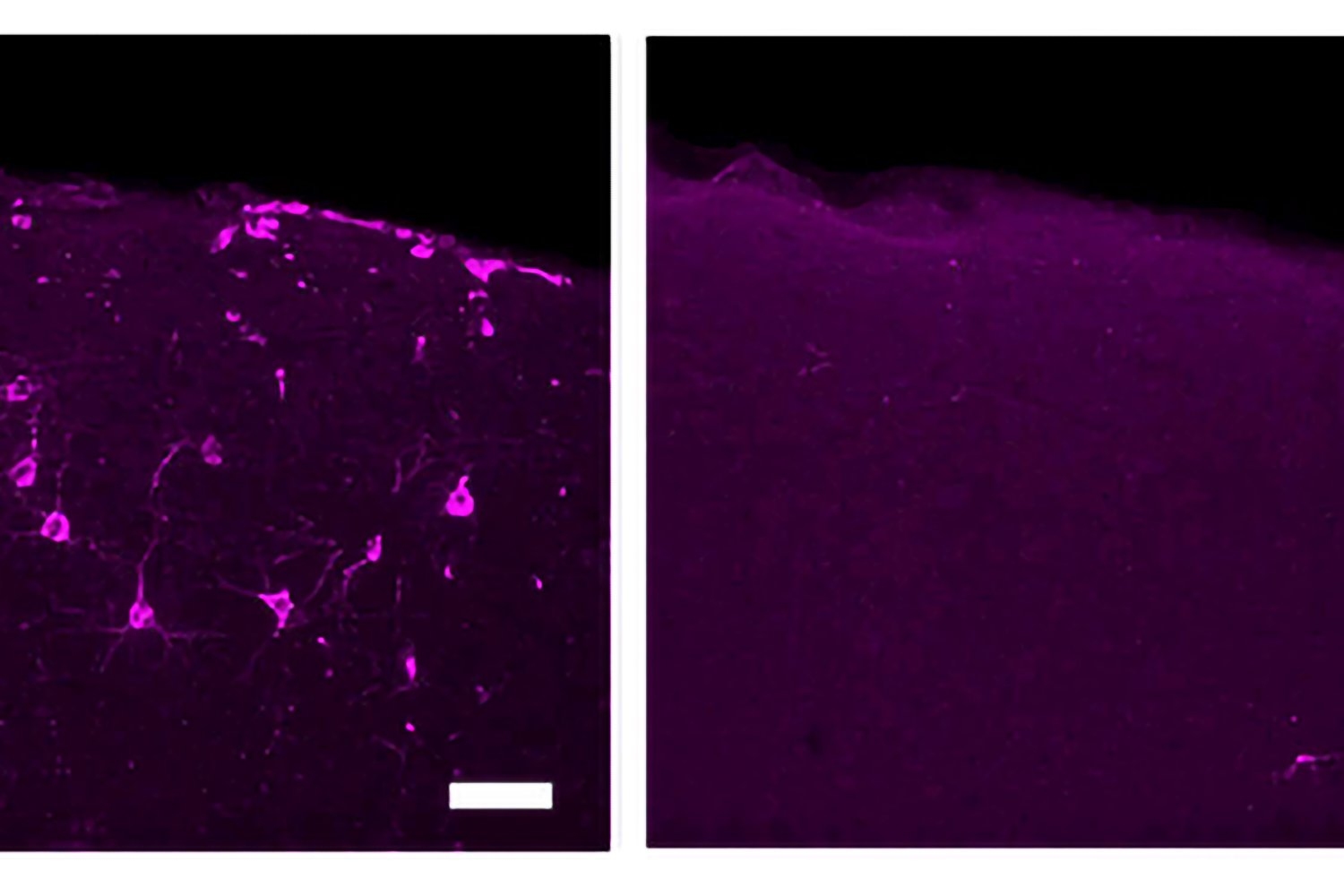Study advances understanding of visual recognition memory
Scientists have invested decades in piecing together how our vision is so good at recognizing what’s familiar. A new study overcomes an apparent discrepancy in data to reveal a new insight into how it works.
Oct. 11, 2023 • ~7 min


